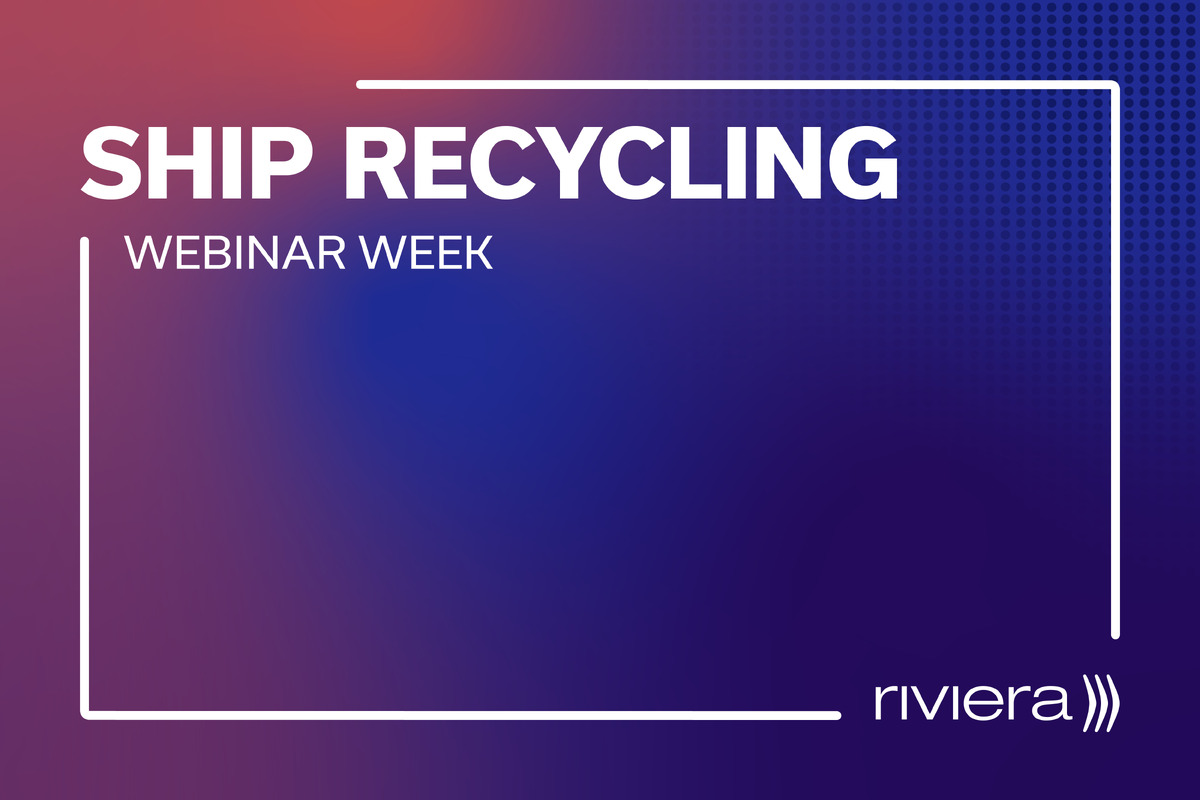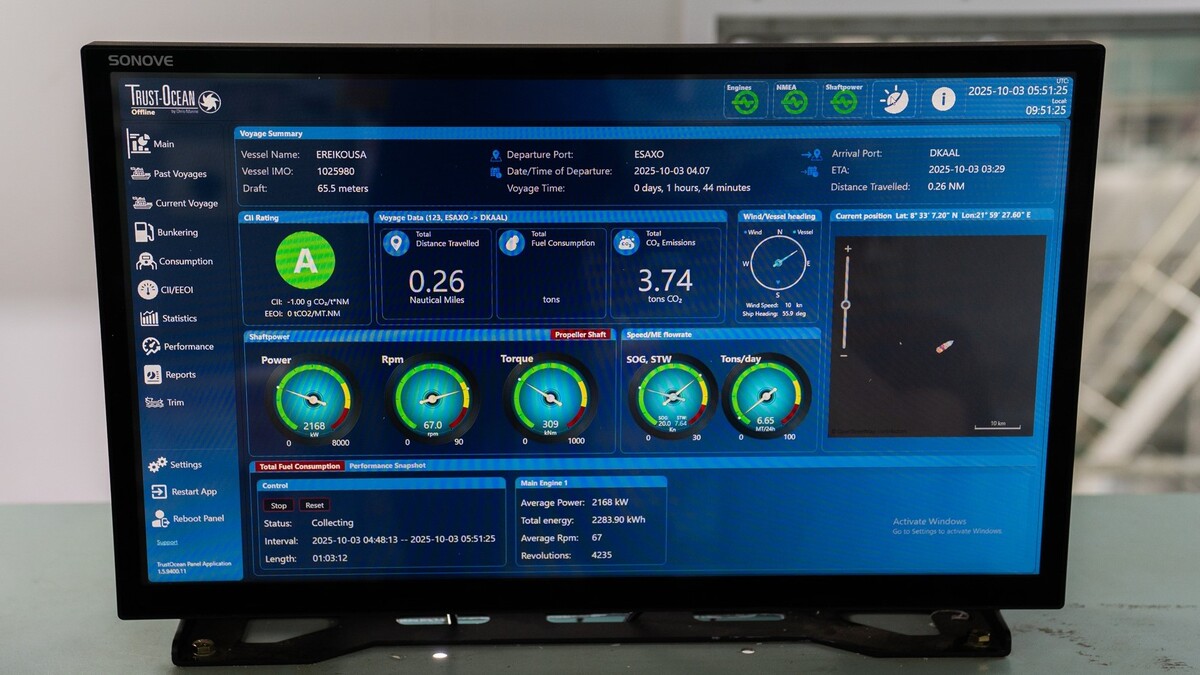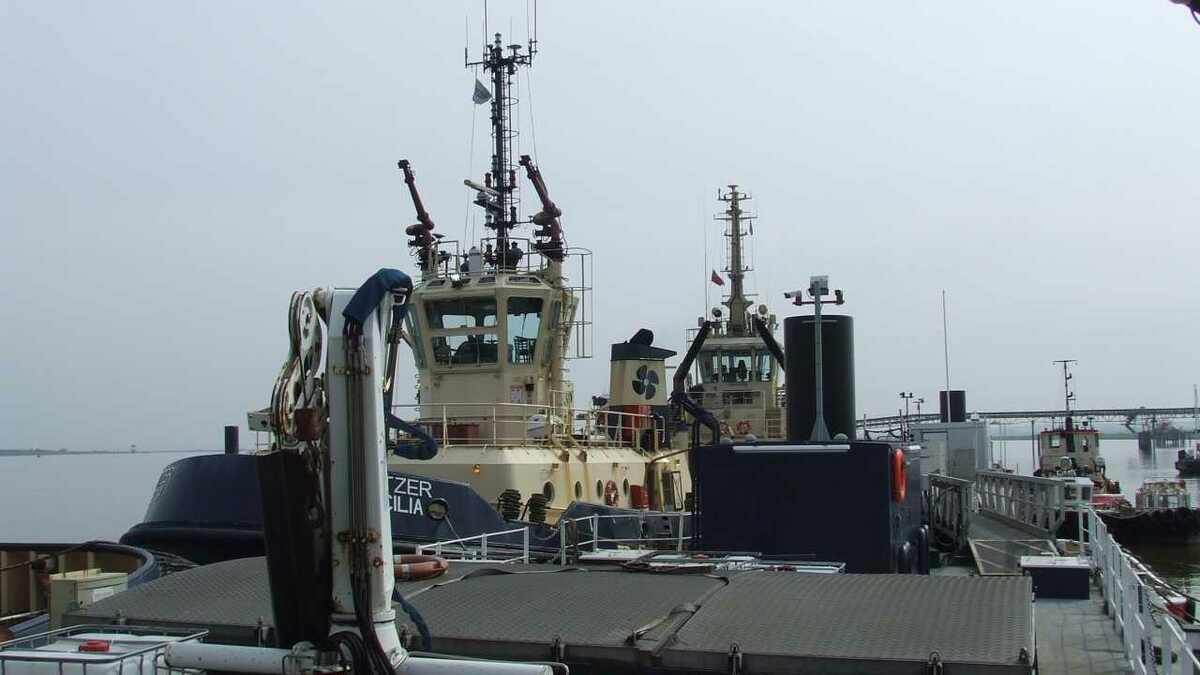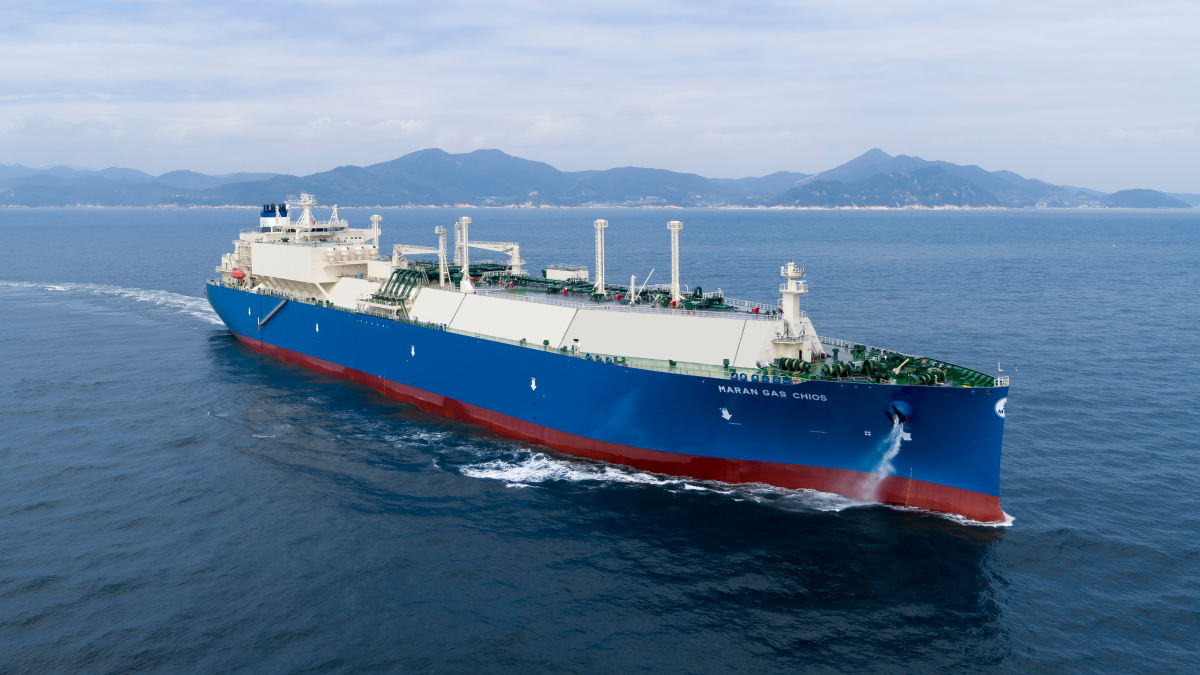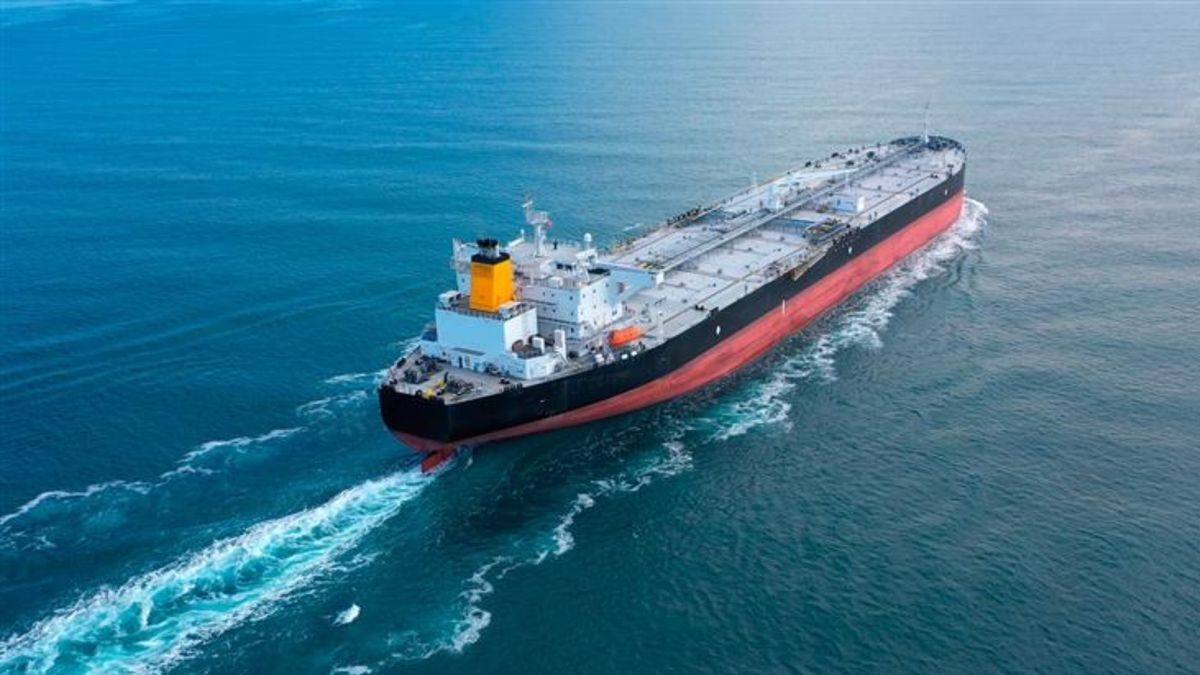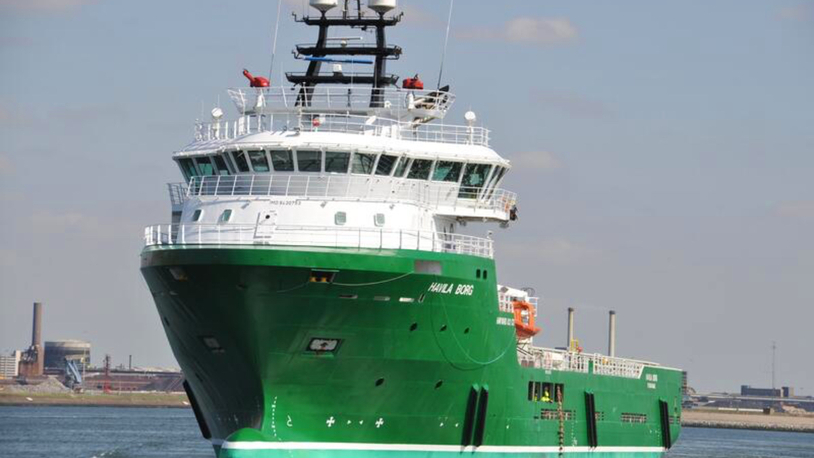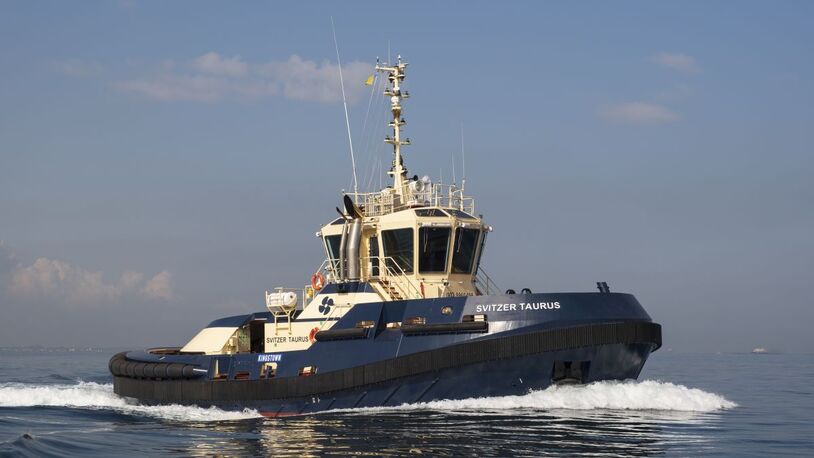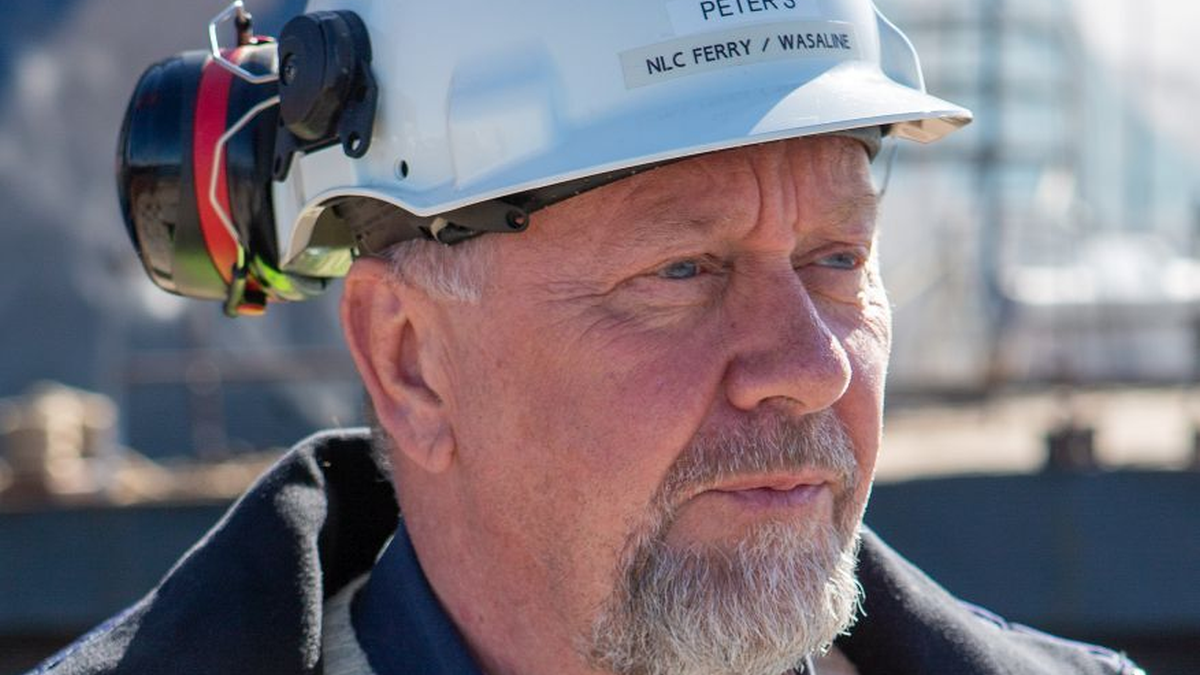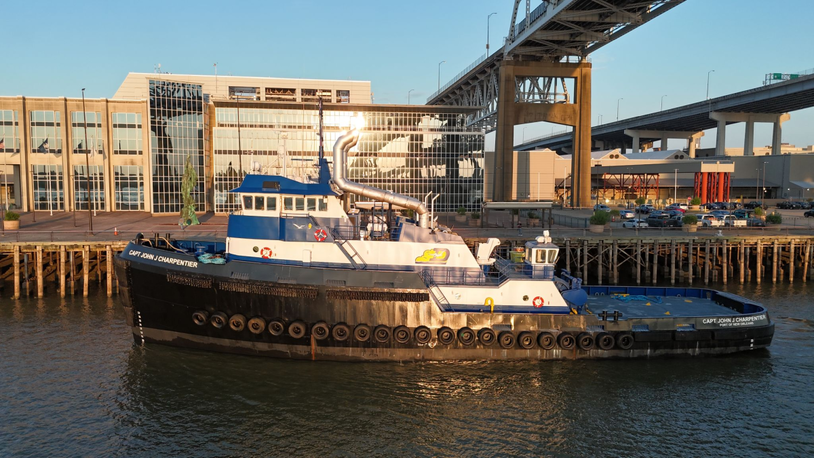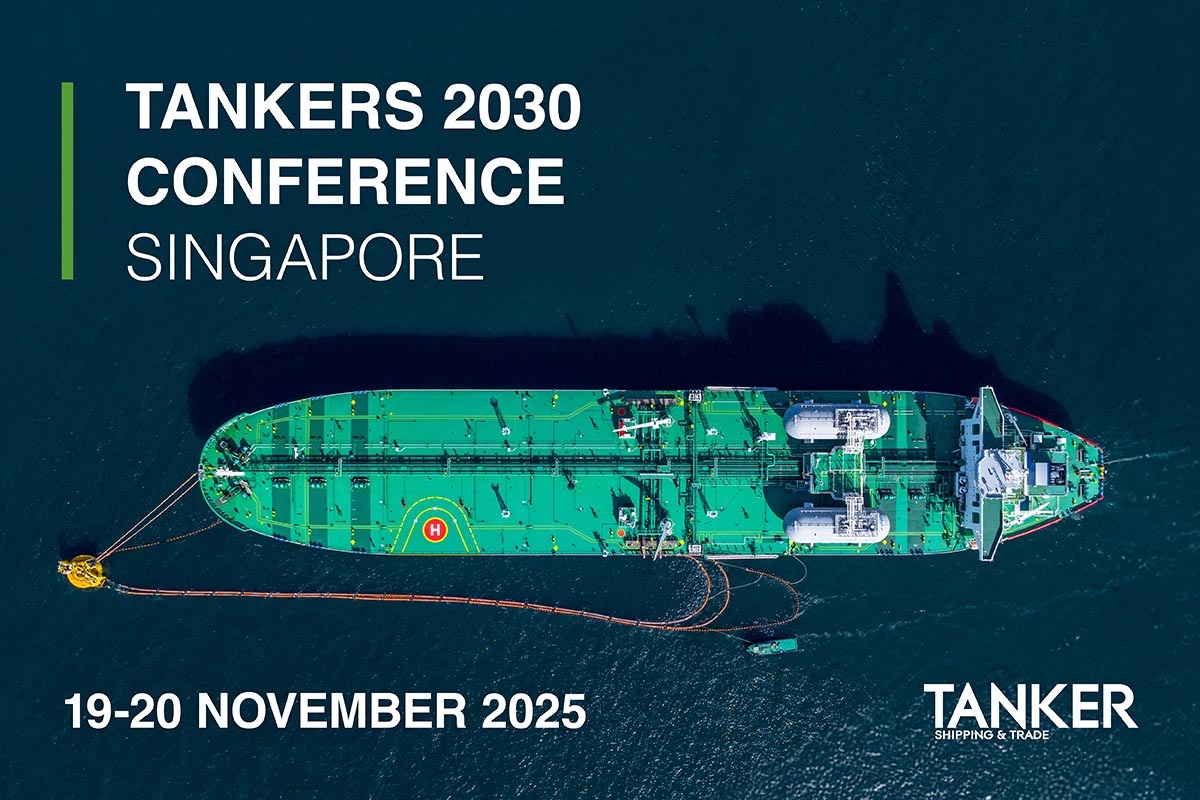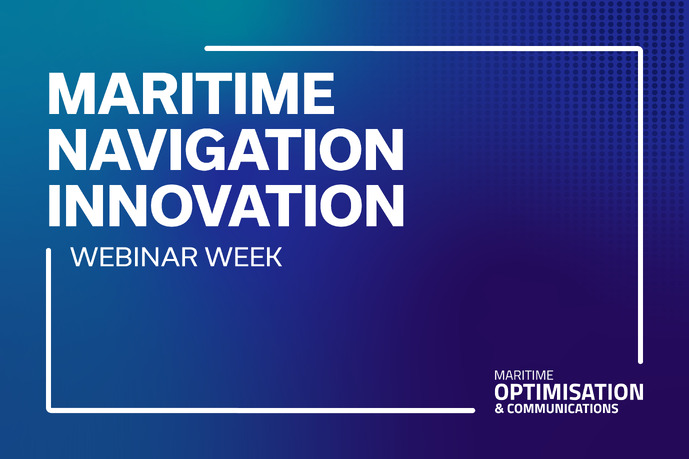Business Sectors
Events
Ship Recycling Webinar Week
Contents
Register to read more articles.
Port of London study proves viability of hydrogen supply chain
UK ports require regulations, investment and cross-sector collaboration to develop a complete supply chain for using green hydrogen for onshore assets and marine service vessels
Port of London Authority (PLA) has demonstrated in theory the viability of a method of producing hydrogen from renewable energy sources, transporting it to ports and distributing it on zero-emissions vessels and vehicles.
A consortium led by the UK’s largest port has concluded a three-year programme investigating the use of clean hydrogen to power the maritime sector safely, affordably and at scale.
This study found it is possible to produce green hydrogen offshore using energy from windfarms, transport it to ports on autonomous vessels and distribute it through port integration frameworks.
It would be possible to supply green hydrogen to tugboats, pilot transfer vessels, pusher vessels, dredgers and other port-service vessels and to terminal equipment, heavy goods vehicles and local logistics fleets.
The Maritime Hydrogen Highway study charts a feasible course for cleaner ports and shipping, but highlights shortfalls and gaps in regulations and funding.
The PLA and partners in the study are now calling for a clear UK regulatory framework for hydrogen maritime operations; investment support for early-stage hydrogen port infrastructure; and continued cross-sector collaboration to build a commercially viable hydrogen economy.
“This programme is about taking a lead on maritime decarbonisation,” said PLA chief executive Robin Mortimer. “From floating wind to autonomous hydrogen vessels, we have demonstrated there is a theoretically viable option for green hydrogen generation and transport, using existing infrastructure.”
This £1.2M (US$1.6M) project explored the entire hydrogen supply chain including safe portside handling and vessel and vehicle refuelling, with the goal of accelerating the UK’s transition to net zero. It also supported the PLA’s long-term strategy, Thames Vision, of reaching net-zero by 2040 through a transition to low and zero-carbon fuels on the rivers Thames and Medway and along their estuaries.
“It highlighted the essential requirements for a regulatory framework, investment and collaboration to enable this energy transition, which is core to future decarbonisation,” said Mr Mortimer.
The PLA-led project was funded by Maritime Research and Innovation UK (MaRI-UK) and supported by the Department for Transport, with contributions from OS Energy,
University of Strathclyde, University of Kent, University of Birmingham, Newcastle Marine Services, ORE Catapult and the UK’s Health and Safety Executive.
“The Hydrogen Highway project has laid vital groundwork for decarbonising the UK’s maritime sector,” said MarRI-UK director Sarah-Louise Keegan. “By demonstrating how clean fuels and smart technologies can be integrated into port and shipping operations, it offers a clear path toward a low-carbon future. This forward-looking collaboration highlights the critical role of co-ordinated investment and innovation in meeting our climate commitments.”
Consortium partners tackled seven interconnected work packages, from developing autonomous vessels and port integration frameworks, to mapping demand across the Thames and building economic models for UK-wide hydrogen rollout.
“Hydrogen presents a huge opportunity for the UK’s port cities,” said Mr Mortimer. “This work shows how we can use our existing infrastructure and natural resources to deliver low-carbon energy exactly where it is needed.”
Maritime Decarbonisation, Europe: Conference, Awards & Exhibition 2025address critical environmental issues head-on. Focused on the industry’s energy transition, the conference offers a comprehensive forum for all stakeholders across the maritime sector to explore solutions and strategies for achieving low-carbon shipping and zero-emission shipping.
Related to this Story
Events
Ship Recycling Webinar Week
International Bulk Shipping Conference 2025
Tankers 2030 Conference
Maritime Navigation Innovation Webinar Week
© 2024 Riviera Maritime Media Ltd.
